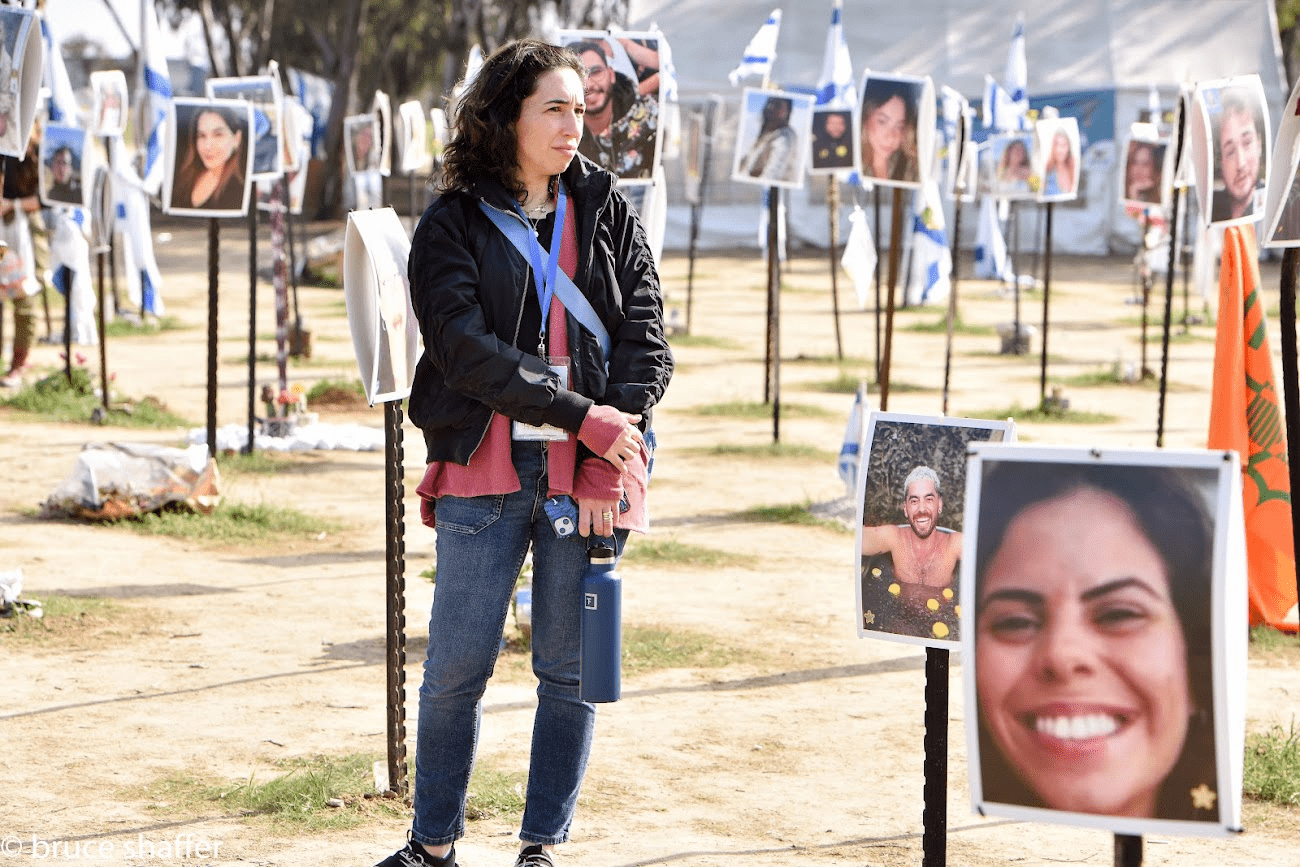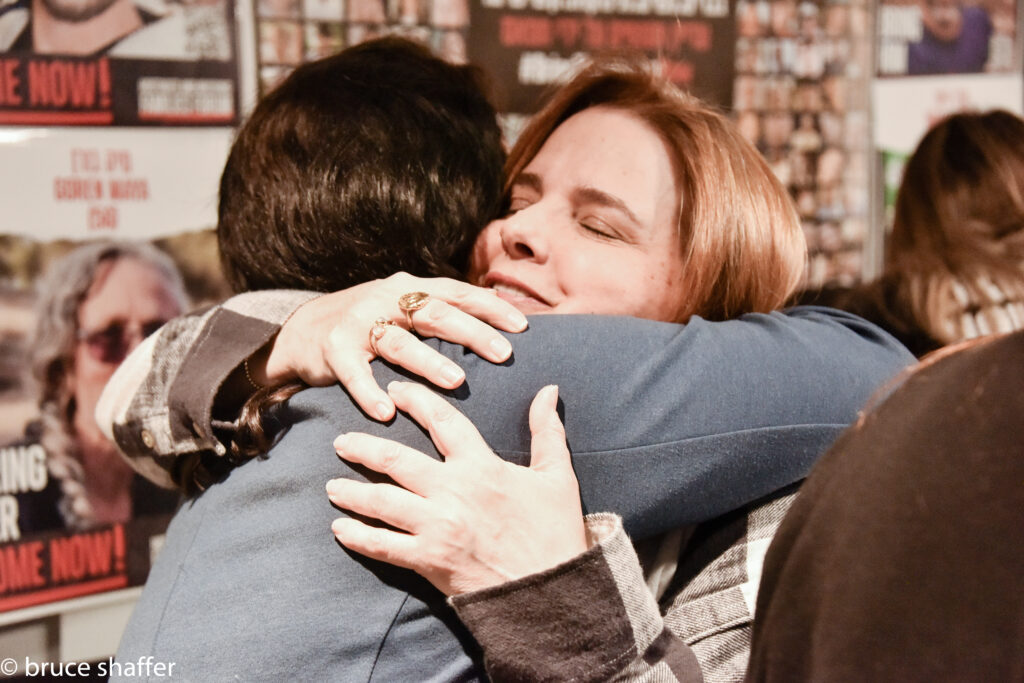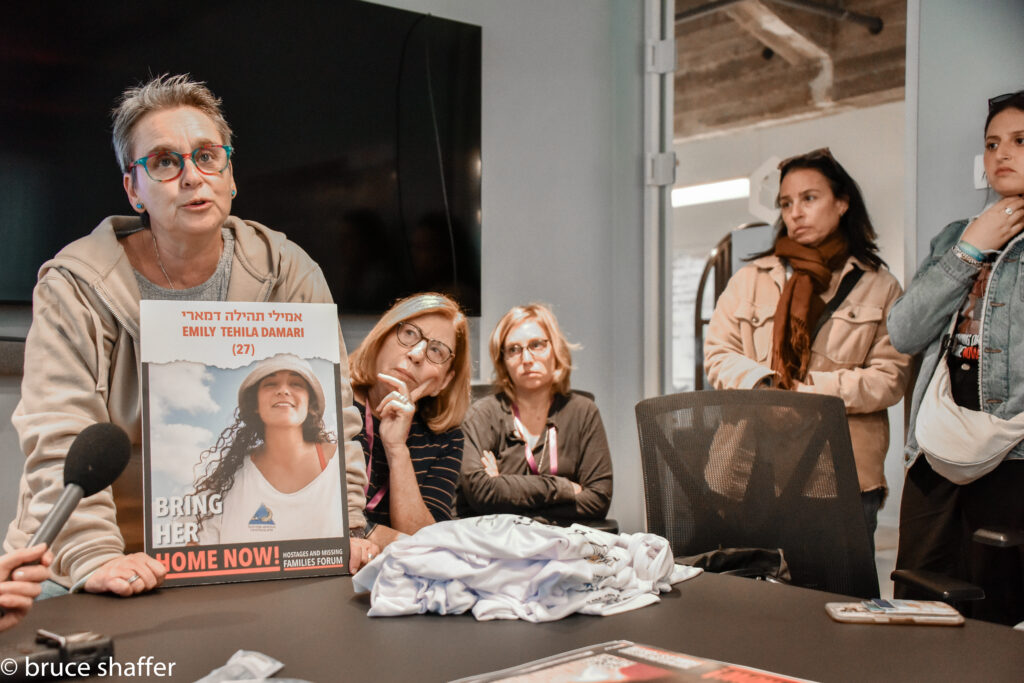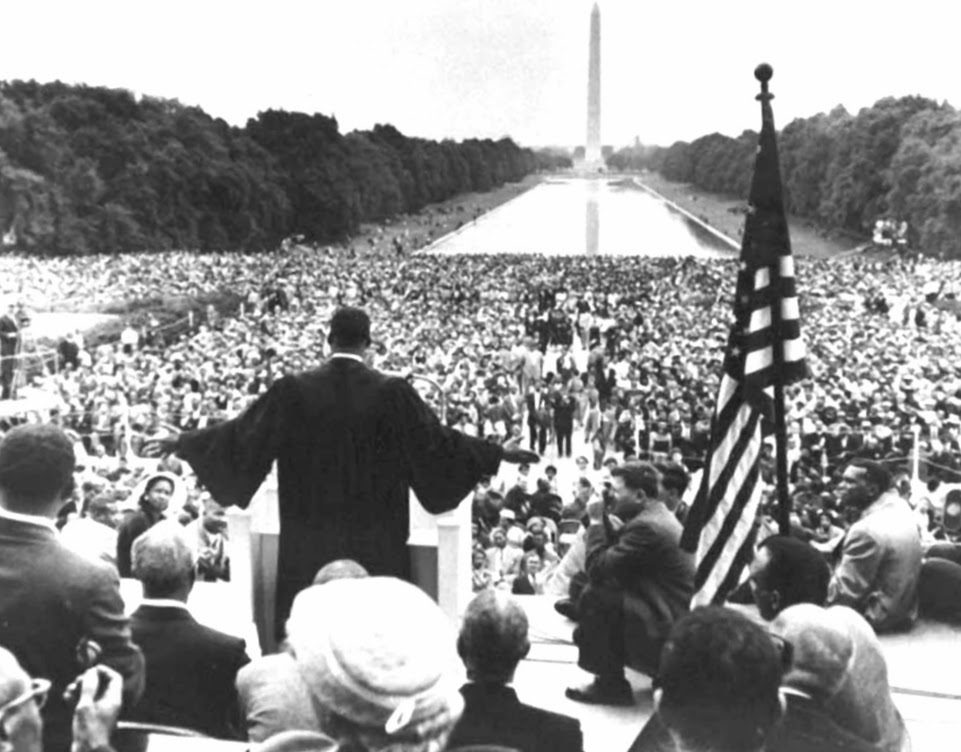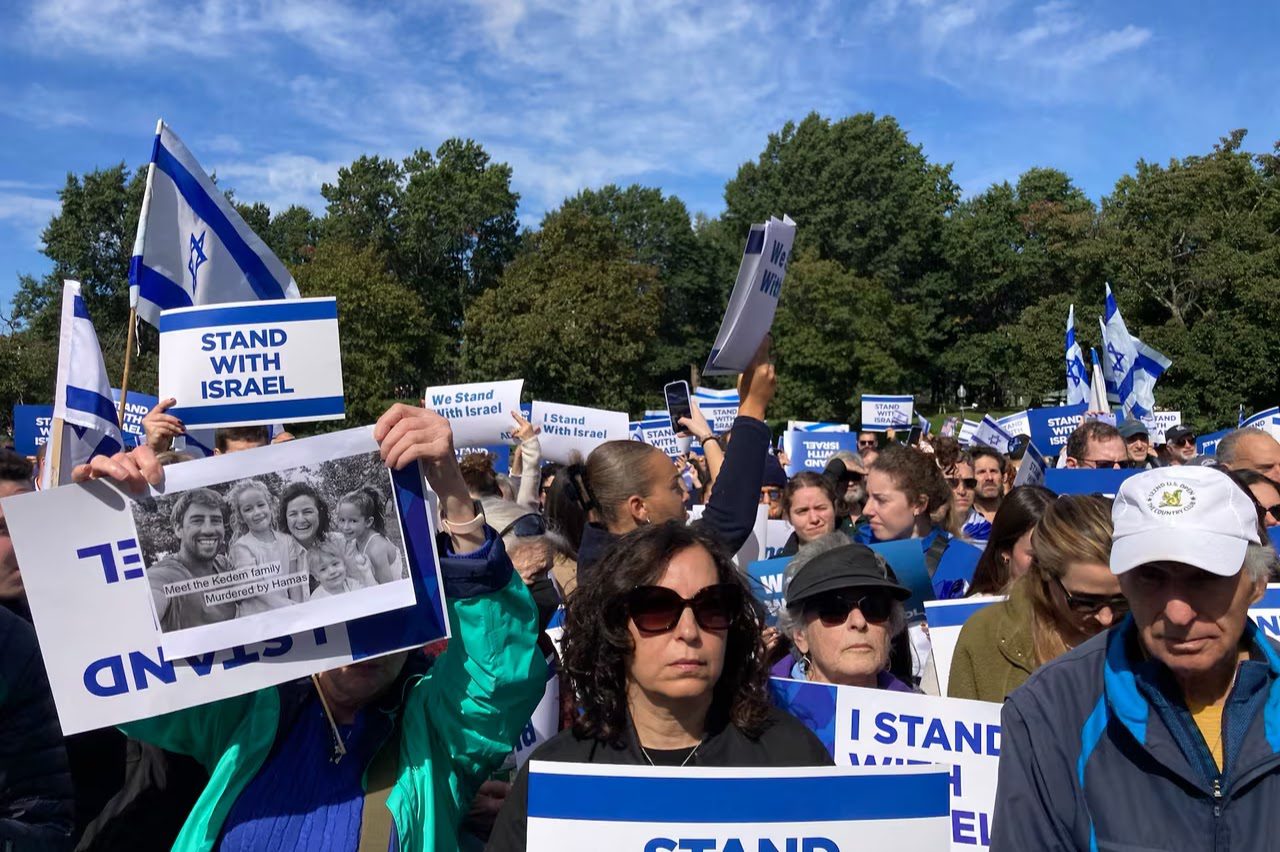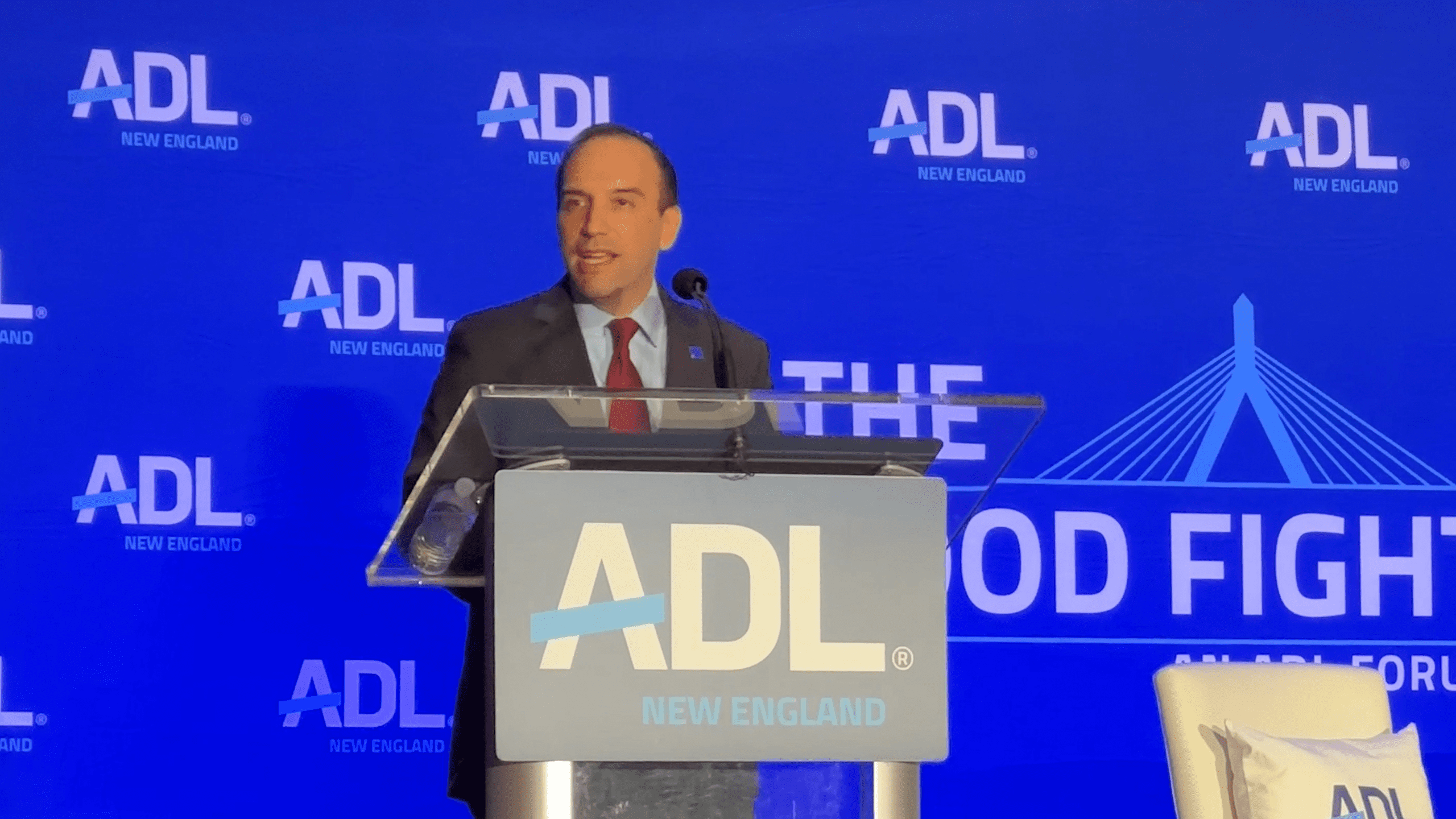By Melissa Garlick, Senior Director of Combating Antisemitism and Building Civic Engagement at Combined Jewish Philanthropies
“Women experience war in distinctive, gendered ways.”
These words from Rachel Stomel of Israel’s Center for Women’s Justice have been resonating with me since I returned from my recent Women’s Leadership Solidarity Mission to Israel with women leaders from Greater Boston’s Jewish community.
Led by Idit Klein, president and CEO of Keshet; Rabbi Claudia Kreiman, senior rabbi of Temple Beth Zion; and Judith Rosenbaum, executive director of Jewish Women’s Archive, we spent close to three days participating in the holy obligation of bearing witness to the atrocities of Oct. 7. We spoke with impacted families and met with women who are both experiencing and responding to the war against Hamas in “distinctive, gendered ways.”
I left Israel with a heavy heart, and I feel that I am forever changed by the women I met—as well as, and especially, those who tragically lost their lives or continue to be held hostage. As I continue to process my time in Israel, I keep returning to Rachel’s quote and the ways that Oct. 7 has impacted and will continue to impact women and our response to the war.

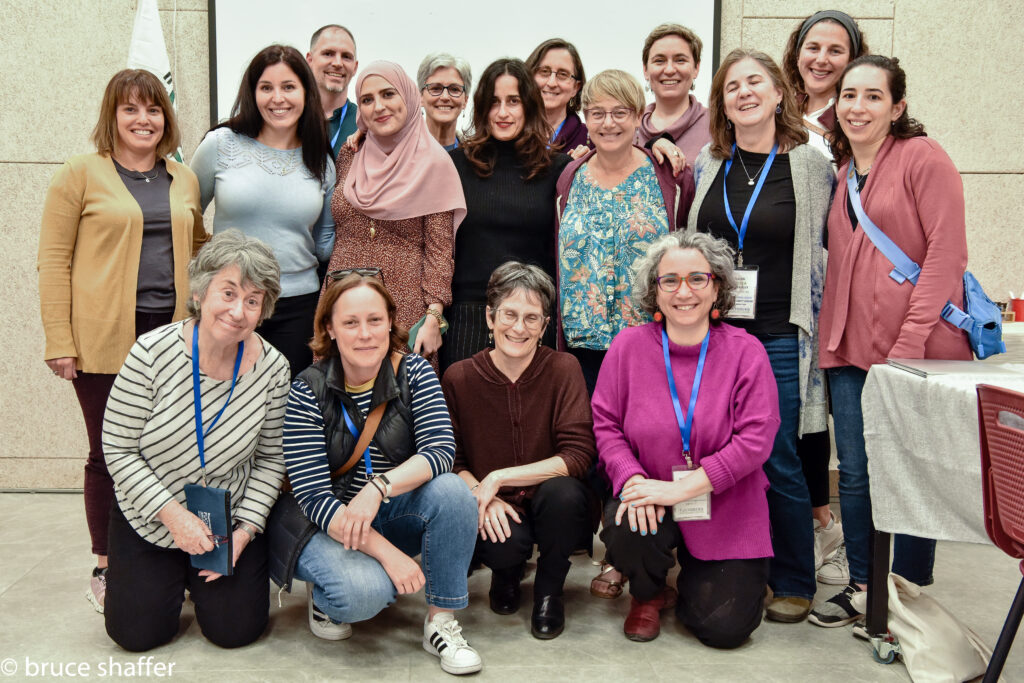 (Photo: Bruce Shaffer)
(Photo: Bruce Shaffer)
We heard the story of an incredible survivor of the Nova music festival—the eldest of three girls and the daughter of a single mother. While she was speaking, we were interrupted by the sounds of a siren and incoming rockets by Hamas. We met with Hannah, the mother of Hayyim Katzman, who continues to work for justice for women in Israel in the wake of the unimaginable grief that accompanies losing a child. Her remarkable, youngest son died while he was saving others.
We met with sisters, mothers and daughters of hostages who are still being held in Gaza, now for over 100 days, who relive the trauma of Oct. 7 each day, praying and advocating for the safe return of their loved ones while experiencing a living hell.
And we walked the grounds of Kibbutz Nirim with Adele Raemer to bear witness to the destruction, the burnt sukkahs, the charred homes and cars, the attacks on lives and the shattered dreams.
As Adele said, “We are facing an existential threat to community, and community is resilience.”
Amidst the marginalization of women in both war room decision-making and the lack of outrage and condemnation regarding the horrific sexual violence by Hamas, Israeli Jewish and Arab women are leading civil society’s immediate response efforts while carving out new paths and narratives for the future of Israel. At Wolfson Medical Center, we learned about the unique medical needs of women returnees—treatment of injuries, physical and emotional mental issues, trauma, sexual violence and assault—as well as the needs in often returning to homes that are uninhabitable. At the Rahat Jewish Arab Situation Room, Jewish and Arab women are leading mobilization and response efforts for communities of the Negev, including needs of unrecognized Bedouin villages impacted by the Hamas attacks. Through relationships and a shared responsibility to their communities, these women, even amidst their own grief and trauma, recognized and responded with immediate basic needs for survival.
At the same time, dedicated to the vision of peace and security for Israel for them and their children, women are leading legal and policy advocacy and grassroots mobilization for a new path of Israel.
We spoke to Dr. Cochav Elkayam-Levy, chair of Israel’s Civil Commission on October 7 Crimes by Hamas Against Women and Children, who is ensuring that the voices of women are heard and listened to, and that the international community responds forcefully to the atrocities committed against them. She told us, “Through recognition starts the process of justice.”
Lee Hoffman Agiv of Bonot Alternativa has led the front lines of the grassroots movement to both provide emergency aid and advance women’s representation in government. Rachel Stomel has shifted her legal and communications advocacy work to ensuring women’s legal and civil rights and independence amidst the war. And even during the grief and destruction, Jewish and Palestinian women are leading the peace movement in Israel and continue to advocate for sustainable and long-term peace and security for all in Israel. We met with leaders of Israel’s peace movement—Peta Jones Pellach from Women Wage Peace and Sally Abed from Standing Together—who continue to expand their work with renewed urgency for survival and security for the return of the hostages and a plan for Israel’s future.
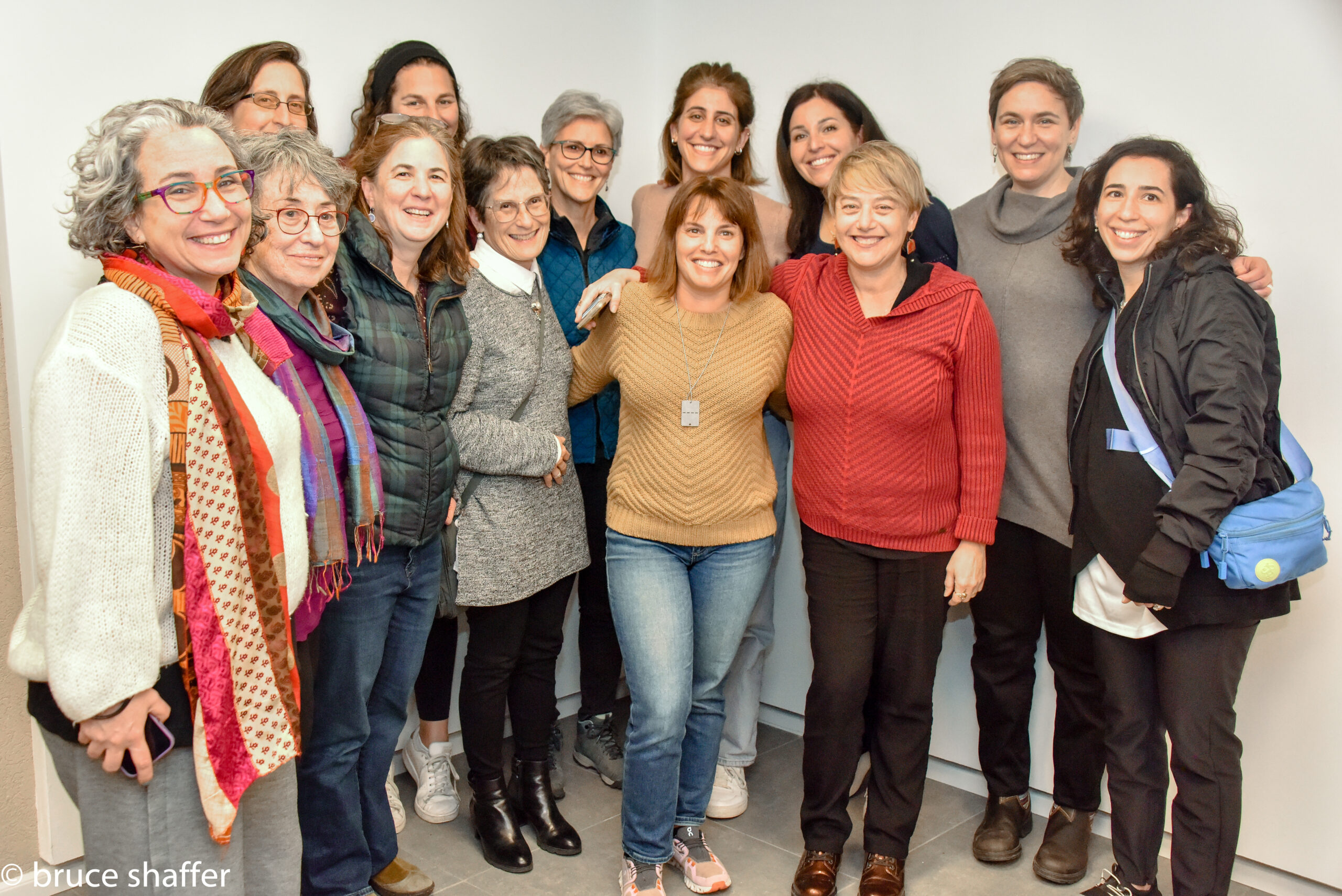
These women not only give me the inspiration, but also the responsibility to echo their leadership, innovation and a reclamation of our own narrative and voices. The people of Israel are still very much grieving and surviving, and many are still held in the hands of Hamas. They know that rebuilding will be a long road. But despite the circumstances, women are finding the strength and resilience to turn toward each other—to motivate, to innovate and to lead—meeting needs and staying true to the vision and hopes for Israel’s safety and security.
I take many lessons from this experience in our work to fight antisemitism and anti-Zionism here in Greater Boston through CJP’s 5-Point Plan. Even while some try to pit communities against each other, we must also find the strength here to turn toward each other, and to chart out new and innovative paths that will move us forward.
While we gather our strength here and find empowerment from the women of Israel, we must tell their stories and be their voices (see below).
Read more reflections from the Boston Women’s Leadership Solidarity Mission to Israel:
- The Necessity of Israeli Women’s Leadership by Judith Rosenbaum, Ph.D.
Tell their stories and be their voices:
- Watch: Dr. Cochav Levy speaking before the U.N. Convention on the Elimination of All Forms of Discrimination against Women
- Read: “Life on the Border with the Gaza Strip” by Adele Raemer
- Listen: “Voices of Women at Wartime” by Rachel Stomel and Rivkah Lubitch of the Center for Women’s Justice
- Listen: “The Women’s War Room” by Jewish Women’s Archive
- Listen: “Sexual Violence on October 7” by Jewish Women’s Archive

